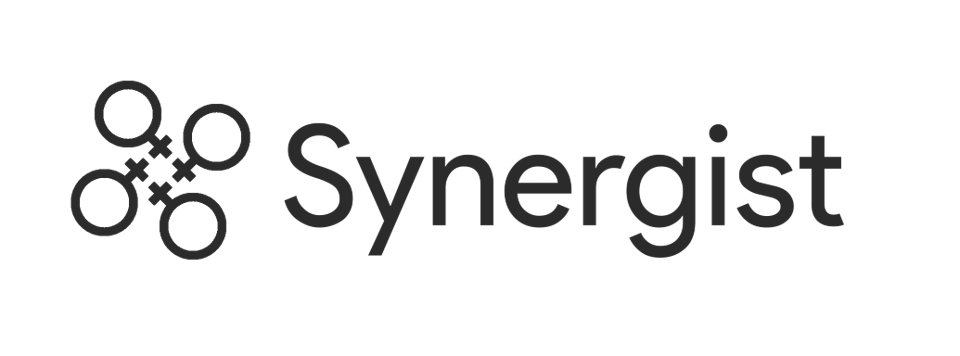|
Mentorship Overview
NY 2025 Mentorship Program
SF 2025 Mentorship Program
Boston 2025 Mentorship Program
LA 2025 Mentorship Program
College Mentorship
Q1 2025 | Suzanne Yoon - Kinzie Capital Partners
Q4 2024 | Wan Ling Martello - BayPine
01 /24 | Laura Albrecht - Maranon Capital
12/23 | Cathy Gao - Sapphire Ventures
11/23 | Anne Kolton - SK Capital
09/23 | 2023-2024 Welcome
08/23 | Amy Silverstein - e2p
07/23 | Lizzie Wintle - GTCR
06/23 | Sarah Kim - CD&R
05/23 | Lexi Bartlett - General Atlantic
04/23 | Neha Jatar - EQT
03/23 | Clarey Zhu - TCV
02/23 | Neha Mathur - Advent International
01/23 | Jennifer Davis - Bain Capital
12/22 | Happy Holidays
12/22 | Kate Mitchell - Scale Ventures
11/22 | Lori Whelan - Silversmith
10/22 | Bianca Stoica - Silver Lake
09/22 | Lusa Zhou - Monogram Capital Partners
09/22 | 2022-2023 Kick-Off
08/22 | Sara Gilson - Freeman Spogli & Co.
07/22 | Adriana Saman - Clocktower Technology Ventures
06/22 | Anna Fagin - Town Hall Ventures
05/22 | Erin Edwards - TZP Group
04/22 | Candice Corvetti - Berkshire Partners
03/22 | Chelsea Stoner - Battery Ventures
02/22 | Jessica Gilligan - TA Associates
01/22 | Veda Eswarappa - Great Hill Partners
12/21 | Emily Calkins - Spectrum Equity
11/21 | Suzanne Passalacqua - Carrick Capital Partners
10/21 | Sonya Brown - Norwest Venture Partners
8/21 | Renee Noto - Brightstar Capital
6/21 | Julianne Hummelberg - PowerPlant Partners
4/21 | Katherine Wood - TPG
3/21 | Nishita Cummings - Kayne Partners
2/21 | Vasundhara Bhargava - Golden Gate Capital
1/21 | Sharveen Seebaluck - Morgan Stanley Capital Partners
12/20 | Sara Nayeem - New Enterprise Associates
11/20 | Lindsay Rosenstein - Crestview Partners
10/20 | Angela Zhang - GI Partners
9/20 | Lauren Seidman - Stone Point Capital
8/20 | Alexia Cesar - General Atlantic
7/20 | Patricia Kemp - Oak HC/FT
5/20 | Sarah Hinkfuss - Bain Capital
4/20 | Heidi Zak of Third Love
3/20 | Blythe Jack - TSG
2/20 | Jennie Mazzucco - Owl Rock Capital
1/20 | Emily Azer - GI Partners
12/19 | Alison Holmes - Great Hill Partners
11/19 | Jean Xin - Mythic
10/19 | Sophia Popova - Summit Partners


